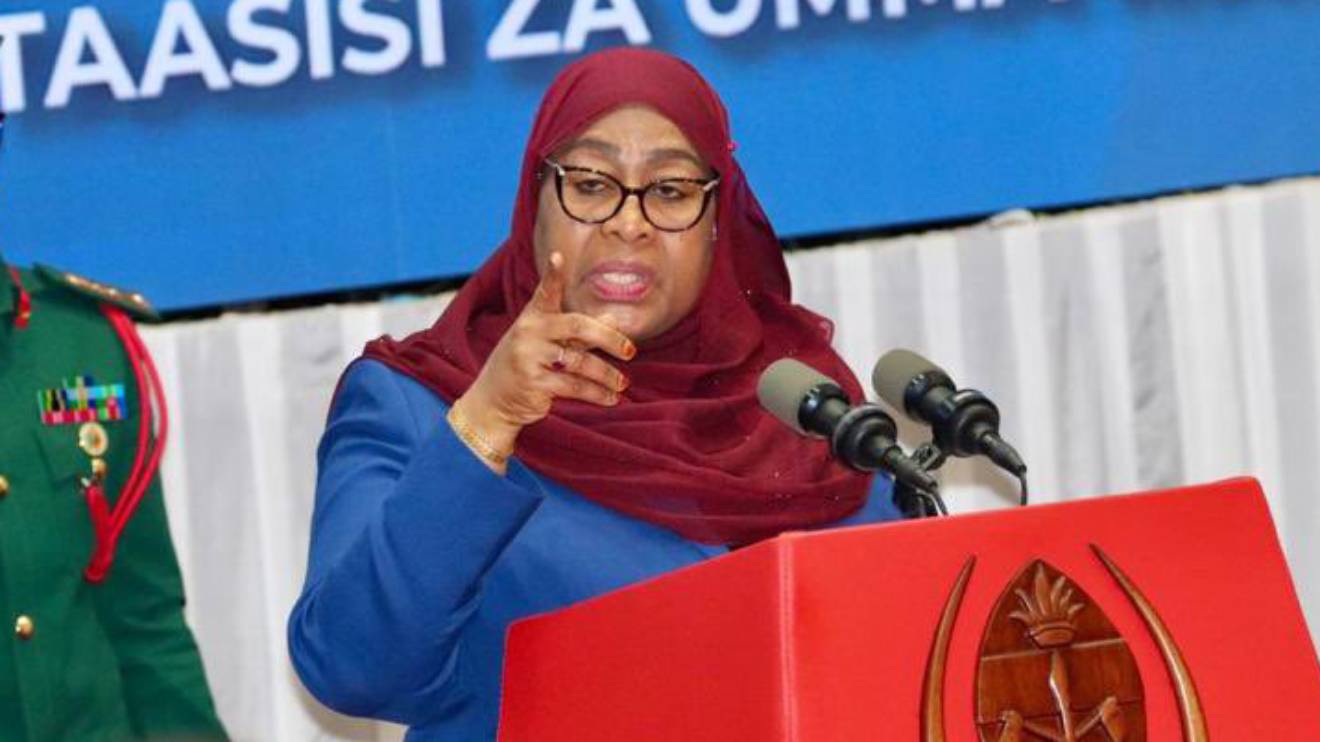Tanzania's recent power woes took a dramatic turn with President Samia Suluhu Hassan dissolving the Tanzania Electric Supply Company (TANESCO) board, sending shockwaves through the energy sector.
The move, ostensibly aimed at addressing chronic power rationing, saw Major General Paul Kisesa Simuli step down as board chair and assume the role of ambassador to Uganda.
In his place, Rhimo Nyansaho, a seasoned financier from Azania Bank, takes the helm, tasked with navigating a complex landscape of dwindling resources and rising public discontent.
The immediate challenge facing Nyansaho is stark: a 400-megawatt shortfall due to a confluence of factors.
Reduced water levels in dams, a consequence of both maintenance neglect and climate-induced drought, have choked off hydropower generation.
Read More
Ageing infrastructure, plagued by repair backlogs, further compounds the problem.
This perfect storm has plunged the nation into darkness, with rationing casting a long shadow over economic activity and daily life.
Experts, however, caution against viewing the board shakeup as a panacea.
While leadership changes often hold the promise of fresh perspectives, experts warn against simplistic solutions.
Donath Olomi, CEO of the Institute of Management and Entrepreneurship Development, emphasizes the need for a deeper understanding of the root causes: "The challenges in Tanzania's electricity sector are complex and require a comprehensive approach."
He proposes diversifying the energy mix, weaning the nation off its heavy reliance on hydropower.
His vision includes harnessing the potential of renewable energy sources like solar, wind, and geothermal, alongside exploring natural gas and other locally available resources.
Daudi Ndaki, an economist at Mzumbe University, concurs with the need for diversification, advocating for continued investments in renewables, particularly in arid regions like Singida.
However, he cautions against neglecting existing hydropower infrastructure, highlighting its crucial role in a sustainable energy future.
Beyond diversification, both experts emphasize the importance of robust policy and strategic partnerships.
Ndaki calls for policies that incentivize private sector investment in the energy sector through Public-Private Partnerships (PPPs) while ensuring environmental sustainability.
Nyansaho's appointment places him at the centre of this critical juncture.
His leadership will be closely scrutinized, not just for his ability to navigate the immediate challenges of power rationing, but also for his vision for a long-term, sustainable energy future for Tanzania.
Can he orchestrate a strategic shift that lights up the nation, or will the blackouts continue to cast a shadow over Tanzania's development aspirations? The answers lie in the decisions he makes and the partnerships he forges in the coming months.
Tanzania's power plays are far from over. The new board's performance will be a crucial test in illuminating the path towards a brighter, more sustainable future for the nation's energy sector.











